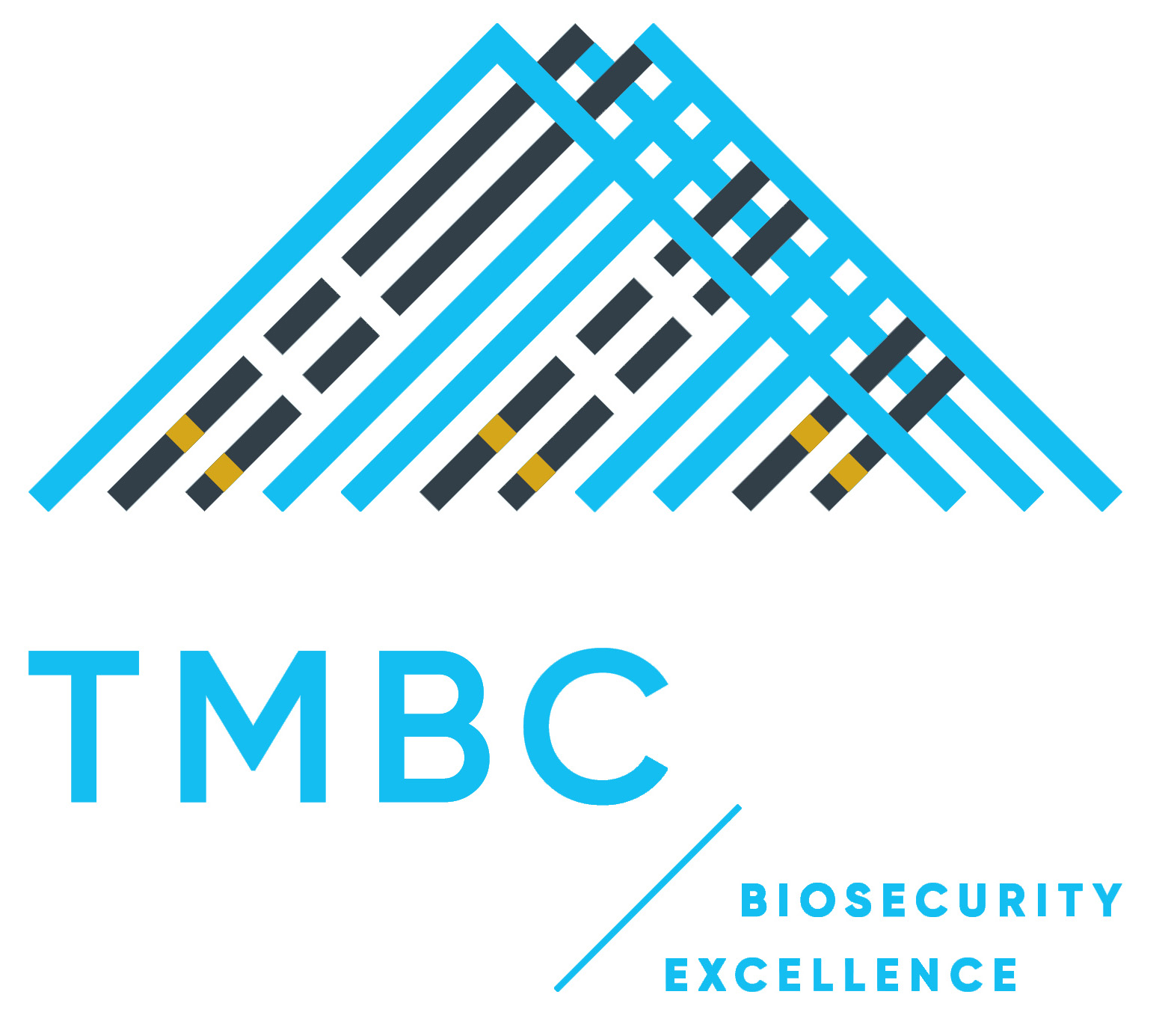TMBC biosecurity response workshop starts important conversation
Around 40 representatives from iwi, science, education, industry, research, council and government came together on Thursday 6 June to learn about how Biosecurity New Zealand manages responses and to discuss what role the Tauranga Moana Biosecurity Capital (TMBC) network could play in supporting a response.
Participants learned from Andrew Sander at Biosecurity New Zealand about how a response works and the various roles involved, before taking part in a brief training exercise using a brown marmorated stink bug incursion in Tauranga Moana as the example.
We also heard about the lessons learned from both the Auckland Fruit Fly response 2019 and the Rena maritime environmental disaster. Stu Hutchings, Chair of the Fruit Fly Council talked about the realities of a response, the need to be vigilant and the opportunities for TMBC to utilise our network for sharing information in a response.
Carlton Bidois, Co-chair of TMBC talked about the significance of biosecurity and kaitiakitanga from a Māori perspective and the importance of including iwi and mātauranga Māori at all levels of a response.
The workshop ended with suggestions from participants about what TMBC can do to support a biosecurity response in Tauranga Moana. These suggestions included taking a stocktake of local skills in the network for use in a response, facilitating opportunities for people to be trained and developing clear guidelines for regional communications people.
The next step will be to organise a half day of Biosecurity New Zealand CIMS training for interested members, here in Tauranga.
Thank you to everyone who contributed to the day. One thing is clear – we have a community of passionate, informed and willing biosecurity advocates in this region. Ka rawe (awesome)!
